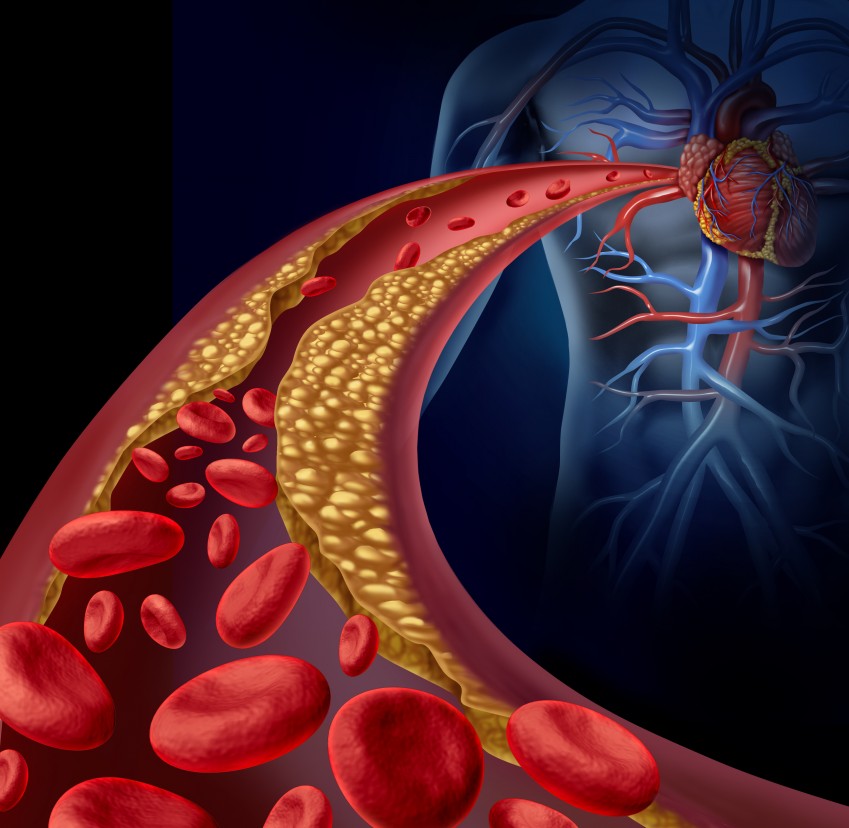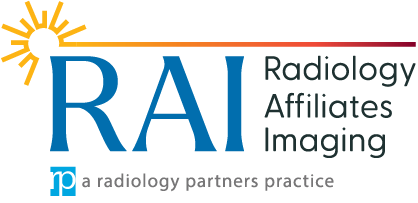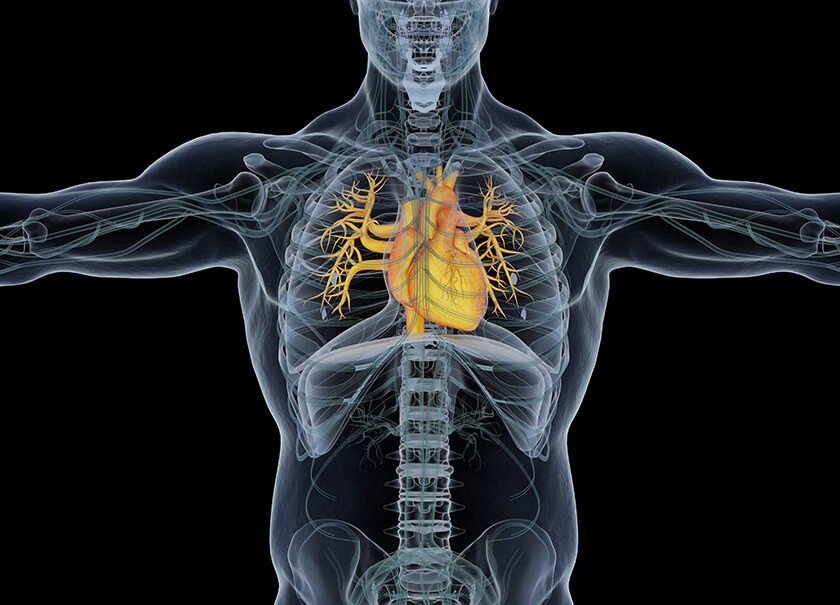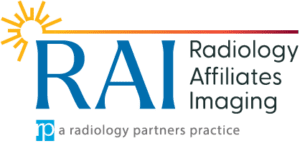
What You Need to Know about a Coronary Calcium Scan

February is the month that hearts shine all over the world and it is also when health care professionals work to raise awareness about all things coronary. In other words, February is American Heart Health Month and a good time for you to look closely at your lifestyle to see what you can do to be heart smart this year. Part of your plan may include a special type of X-ray call a coronary calcium scan. What is a coronary calcium scan and why would your doctor order one?
A Little About Heart Disease
Did you know that heart disease is the leading cause of death in the U.S.? The American Heart Association reports that one in every four deaths is attributed to heart disease, which is often preventable. During the month of February, communities and health care professionals work together to educate the public about the risk factors of cardiovascular diseases, symptoms you need to be aware of and what you can do to keep your heart healthy.
Symptoms of heart disease include:
- Chest pain
- Shortness of breath
- Numbness or cold in your extremities usually in your hands or feet
- Pain in your neck, jaw, arms or back
Some people show no sign of heart disease until they have a heart attack or stroke. This is why your doctor may decide to order tests designed to gauge the health of your heart and arteries like the coronary calcium scan.
What is a Coronary Calcium Scan?
As the name suggests, this test looks for a buildup of calcium in the arteries that supply blood of the heart, known medically as your coronary arteries. This test is sometimes called cardiac calcium scoring because a radiologist assigns a score that indicates your risk of heart attack.
Healthy coronary arteries do not contain calcium. During a cardiac calcium scoring test, an imaging technician uses computed tomography, (CT) to takes pictures of thin slices of the heart and determine if there is calcium present. A high calcium score indicates you are at risk for a heart attack. A medium score, however, means you can still make lifestyle changes and lower that risk.
Why Might You Need a Coronary Calcium Scan
The goal is to measure your risk of heart attack even if you have no symptoms. Your doctor may order the test to help you make decisions designed to improve your heart health, especially if there are other risk factors like:
- A family history of heart disease
- You are male – Heart disease is more common in men.
- Smoking
- Poor diet
- High cholesterol
- High blood pressure
- Obesity
- Lack of exercise
- High-stress lifestyle or job
- Poor hygiene
Age may also be a factor in determining your risk for heart disease. The older you are the more likely it is you have some plaque in your arteries.
What to Expect During a Coronary Calcium Scan
Prior to the test, the radiology technologist will ask you to remove any jewelry and possibly take off your shirt. The technician will place electrodes on your chest and connect them to an EKG to monitor your heart.
Once you are ready, you will lie down on a table and the CT scanner will snap some pictures. The entire study takes about 5 minutes and is non-invasive and painless. A CT is a type of X-ray, so there is a very small dose of radiation, but it’s not enough to harm you.
After the test, a radiologist will look at the images and score the level of calcium in the coronary arteries. The scores tell your doctor a little about your heart health like:
- Zero to 100 means your heart is healthy
- Any number over 100 indicates you have some heart disease.
- A score from 100-400 puts you at medium risk with a 10 to 20 percent chance of having a heart attack within the next 10 years.
- A score higher than 400 tells your doctor that you need immediate treatment to prevent a heart attack or stroke
Cardiac calcium scoring is not a full proof test, but it is a good measure of your heart health. February is American Heart Month, so now is the time to see your doctor and ask if you are a candidate for a coronary calcium scan.



